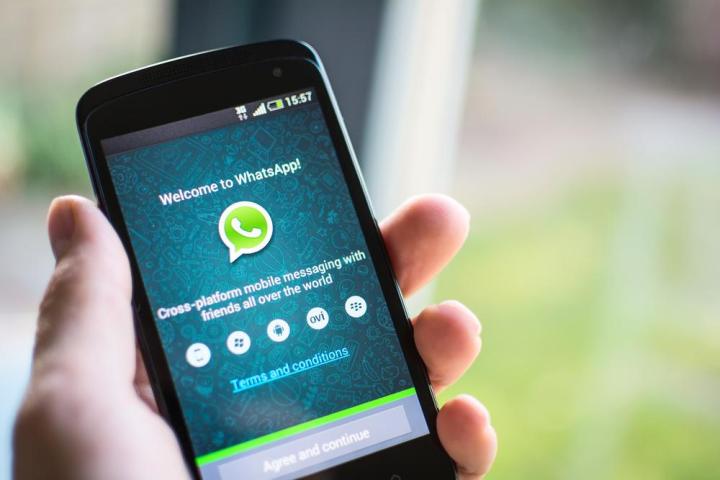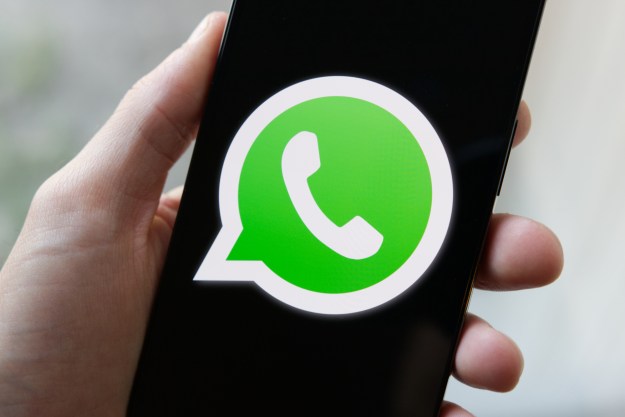
The internet freedom report for 2016 highlights that governments restricted messaging app access for a number of different reasons — including to silence protestors. Certain apps are being targeted for their heightened encryption, which makes messages difficult to intercept, and for their newly added calling features, which are eating into telecommunications companies’ profits.
According to the report, WhatsApp was the most targeted app, and was either fully blocked or partially blocked in a hefty 12 out of the 65 countries that Freedom House researched. So what does it mean to partially block an app? Well, Brazil, for example, blocked WhatsApp a few times after WhatsApp refused to hand over keys to encrypted data that was related to a drug investigation.
On top of particular apps, Freedom House also looked at people themselves. For example, it found that two-thirds of all internet users live in countries where criticism of the government or military is subject to censorship. Not only that, but social media is increasingly being used by law enforcement to make arrests — people are being arrested more than ever for posting certain things like criticism of their government.
“Users in some countries were put behind bars for simply “liking” offending material on Facebook, or for not denouncing critical messages sent to them by others,” noted the report. “Offenses that led to arrests ranged from mocking the king’s pet dog in Thailand to “spreading atheism” in Saudi Arabia.”
The report found that the most free countries were Estonia and Iceland, followed closely by Canada, with the United States again right behind. The least free was China, which edged Syria. Of course, that doesn’t even take into account the countries, like North Korea, that were not a part of the study.
Editors' Recommendations
- Meta’s ChatGPT killer is taking over your favorite apps
- How to know if someone blocked you on WhatsApp
- Apple may have already killed Android’s newest iMessage app, Beeper Mini
- This app put iMessage on my Android phone — and it blew me away
- Sunbird — the sketchy iMessage for Android app — just shut down


